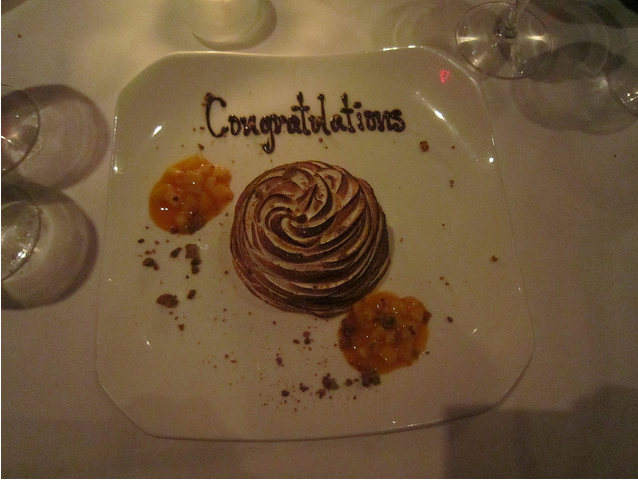This week on the innovation/design blog I write, Thought You Should See This:
Technology investor and entrepreneur, Peter Thiel threw down with Google’s chairman, Eric Schmidt as part of the Fortune Brainstorm Tech event. It was a wide-ranging conversation that spanned many topics, from the true impact of technology innovation to the influence of government on innovation and growth. The pair took on some of the thorny topics of our time, with gusto.
Find out why veterans despise the Red Cross–and understand the implications of making unexpected or unwanted changes to service.
Another service story, this time breaking down “Netflix’s Lost Year” and some of the horrible management decisions senior leadership made in the name of attempting self-disruption.
A smart NYT op ed, The Machine and the Garden, makes the case that the economy is an organic, naturally impaired system, not a perfectly working machine. Interesting and compelling argument.
Two great new projects from Google make me want to pack my bags and head to London. Interactive artist Aaron Koblin has teamed up with Chris Milk again to develop The Exquisite Forest, a riff on old “exquisite corpse” games as part of a collaboration with Tate Modern. Designers also teamed up with the Science Museum to create the Web Lab, a year-long exhibition that meshes the physical and the virtual.
If you want to check out a charming story of one innovator’s grit and persistence, you’d do worse than to read the story of the evolution of Sugru. You’ll likely want to buy some of the miracle material once you’ve seen it, too.
Audi goes Apple: Audi’s just-opened high tech showroom near Piccadilly Circus in London plays to the digitally savvy crowd.
And finally, an interesting research project from General Electric aims to develop an at-home natural gas refueling station (image shown top.) Great stuff.

